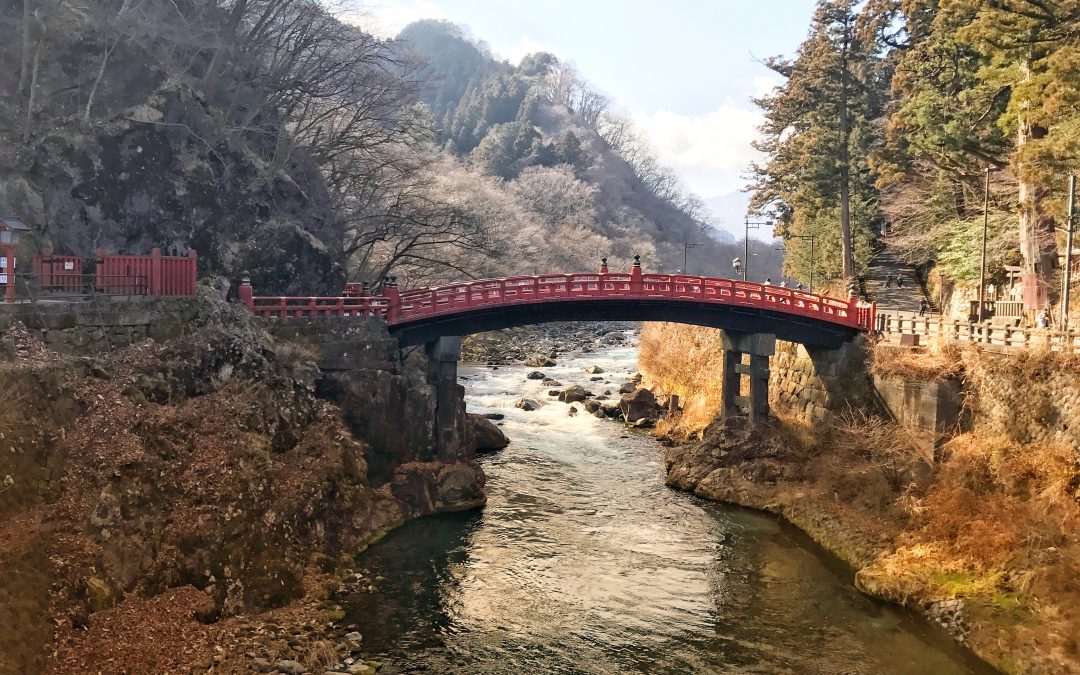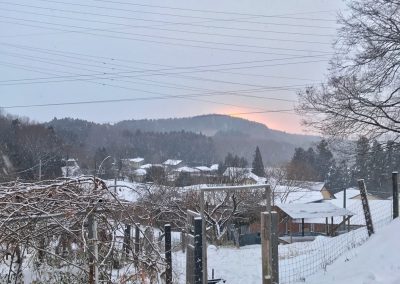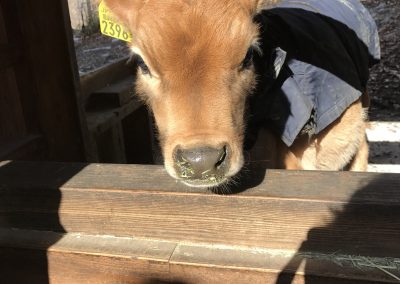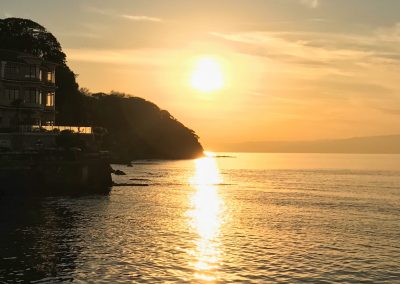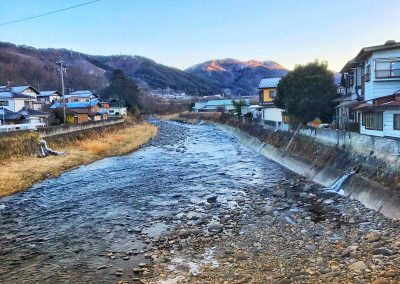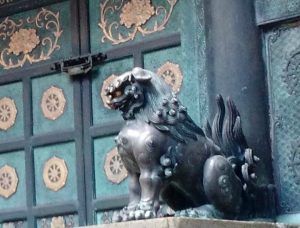If you want to know the truth of who you are, walk until not a person knows your name.
Travel is the great leveler, the great teacher, bitter as medicine, crueler than mirror-glass.
A long stretch of road will teach you more about yourself than a hundred years of quiet.
Most of my classes in recent years have consisted of sitting in a room with 25 to 300 students listening to a lecturer ask rhetorical questions. My traditional view of a classroom is not a rural farm, an incinerator, the largest metropolis in the world, a Japanese karaoke venue, or a beachside restaurant. However, throughout this past month, this is exactly what our classroom has become. You may wonder how we learn anything in a situation like that, and the answer is quite simple; rather than being told what to think, we get to think for ourselves. There are limits to what can be shown on a PowerPoint, after all.
It would be easy for our professor to sit us all down and tell us about the history and environment of Japan, but throwing us directly into the heart of what we have been reading takes an idea that may have seemed distant and forces it into the forefront of our minds. It is easy to forget about what you slept through in a morning lecture, but it is nearly impossible to lose what you’ve experienced. Reading about the development of environmental sustainability in Japan is interesting and informative, but applying this to Japan’s organic farms, waste management facilities, and natural landscapes in person is the true teacher.
In our class this month, we have read all about the Fukushima incident and its effects on Japan. These readings alone were moving and informative, but getting the opportunity to speak to a farmer who has been directly affected by the radiation and stigma of the disaster was something that could not be read in a book. Hearing about the Ashio Copper Mine incident gave a new perspective on the environmentalist movement in Japanese society, but comparing the natural health and beauty of the Nikko region in person to the effects of the air, soil, and water pollution caused by the mining and deforestation have taught me more than words ever could. Reading about idealistic farmers using nothing but nature to grow bountiful harvests is quite poetic, but seeing these idealists in person and how they have manifested these ideas into realities brings realism and humanity to what could possibly be seen as a mere philosophy.
It’s the questions we can’t answer that teach us the most.
They teach us how to think.
If you give a man an answer, all he gains is a little fact. But give him a question and he’ll look for his own answers.
Instead of just giving us information, our professors have been asking us questions. This may seem contrary to the job of an educator, but this method may be the only truly viable way to learn during an experience like this one. We have been asked- What is good food? How did you react to the official ARI mission statement? How should we conceptualize the relationship between nature, agriculture, and environmental policy? How does learning about the environmental history of Japan affect your experiences and vice versa? And much more. All questions that do not have simple answers, but rather make you form your own. Being told what to think and thinking for yourself are two very different things. In a place like this, the wisdom gained from forming my own thoughts through the experiences that have occured will stay with me far longer than rehearsed facts ever would.
